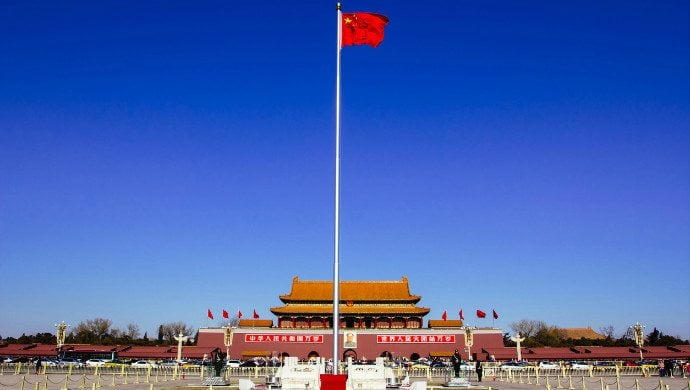The crackdown will last for fourteen months and will extend until the end of March, 2018

China already has one of the most restrictive internet environments in the entire world. Dubbed the ‘Great Firewall of China’, the country has blocked many websites that foreigners take for granted (Facebook and Google are the obvious examples, but even GitHub, BlogSpot and DropBox are blocked).
There is a strong argument to make that separating the sea from the ocean led to the evolution of a dynamic ecosystem that has grown to directly compete with the Silicon Valley.
However, part of that growth included the tolerance for VPNs (Virtual Private Networks) which allowed people to circumvent Chinese censors and access the global internet. VPNs were a work around for acquiring foreign talent, and many small Internet-based businesses used the tool.
Now, China is set to launch a 14-month campaign to crackdown on VPNs. The announcement from the Ministry of Industry and Information Technology said VPN services would have had to obtain prior government approval before operating.
According to the South China Morning Post, this would essentially make the majority of China’s VPN industry illegal.
The Ministry announcement acknowledged the massive gains made in China’s internet industry over recent years, but also pointed towards ‘disorderly development’ that justifies the need for regulatory norms moving forward.
Dubbed a ‘clean up’ the crackdown is started on Sunday (January 22, 2017) and will continue continue until March, 31 2018.
Also Read: Deeper into China: CoAssets invests US$145K in a Chinese product crowdfunding platform
While the preconception is that VPNs are used by individuals who want to use Google, build a Facebook profile, watch porn or criticise the government, it has also become common practice in the business world. In 2017, companies need to be able to communicate with foreign partners across various platforms.
For example, a company would find it quite easy to communicate with business partners domestically if they used WeChat. But if they had a Singaporean business partner (especially if the person did not speak Chinese), WhatsApp would be a far more powerful form of communication.
The problem is that Facebook owns WhatsApp and is blocked in China, thus, WhatsApp is blocked in China. That’s why VPNs became so popular.
In a quote to China’s state-owned newspaper The Global Times, a Shanghai-based IT expert named Li Yi said he believed that certain companies (he brought up the example of Microsoft) would be approved up setting up a VPN because of the difficulties they would find working without the service.
Also Read: Zhihu crowned China’s first knowledge sharing unicorn with 100m USD series D
The VPN crackdown is an oddly-timed announcement as last week Chinese President Xi Jinping stood in front of the World Economic Forum in Davos and pronounced China as a defender of globalisation.
—
Copyright: 121428247 / 123RF Stock Photo
The post Unauthorised VPNs are now illegal in China appeared first on e27.